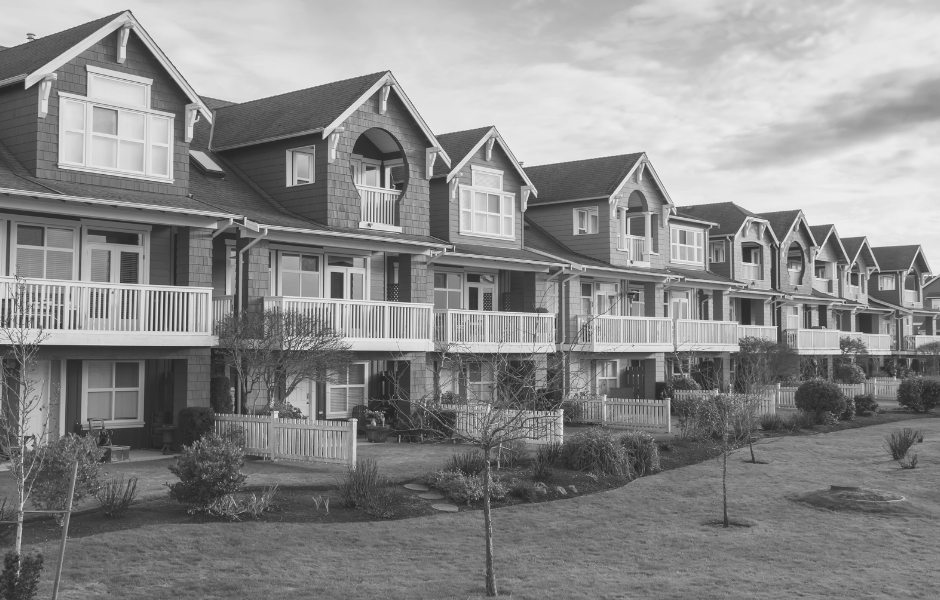In a groundbreaking move towards addressing the ongoing housing crisis in British Columbia, the provincial government has unveiled plans to upzone single-family neighborhoods across all communities. The long-awaited announcement, detailed in a press release on November 2nd, marks a significant shift in housing policy. The proposed legislation, known as “Bill 44 – Housing Statutes (Residential Development) Amendment Act, 2023,” aims to reshape the housing landscape and create more diverse, affordable options for residents.
The Legislation:
The comprehensive legislation, available for review here, signifies a departure from the traditional single-family zoning model that has been in place for decades. The government’s initiative recognizes the need for innovative solutions to combat rising housing costs and increase housing availability for a growing population.
Timeline for Implementation:
The legislation is currently up for its first reading, signaling the beginning of a legislative process that will likely involve further debate and potential amendments. The government’s commitment to addressing the housing crisis is clear, and the timeline for implementation will be closely monitored by residents, developers, and policymakers alike.
Potential Issues:
While the proposed legislation in British Columbia heralds a progressive shift toward more inclusive and diversified housing options, it is not without potential negative impacts. One major concern revolves around the alteration of neighborhood character, as residents may fear that the introduction of multi-unit dwellings could compromise the unique identity of their single-family home communities. The potential for increased housing density also raises worries about heightened traffic congestion and parking challenges. Additionally, there is a valid concern among homeowners about the potential impact on property values, as the shift away from single-family zoning might alter the perceived desirability of certain neighborhoods. Striking a delicate balance between accommodating growth and preserving the cherished qualities of existing communities will be essential to the success of this legislative change, necessitating thoughtful consideration and effective community engagement throughout the implementation process.
Conclusion:
The end of single-family zoning in British Columbia heralds a new era for housing, challenging traditional norms to meet the evolving needs of a growing population. The proposed legislation, with its emphasis on community consultation, affordability, and environmental sustainability, sets the stage for a more dynamic and inclusive approach to residential development.
As the landscape of residential zoning undergoes transformative changes, individuals and developers looking to navigate the intricacies of property alterations can turn to Excelsior Measuring for expert assistance. Whether you are contemplating the construction of multi-unit dwellings or exploring other changes and renovations on your property, Excelsior Measuring stands ready to provide essential services. From precise As-Builts that capture the existing conditions of your property to detailed Site Plans that adhere to the new zoning regulations, their professional expertise can streamline the process.
Excelsior Measuring’s commitment to accuracy and thorough documentation positions them as a valuable resource for those seeking to navigate the evolving landscape of property development in British Columbia.
